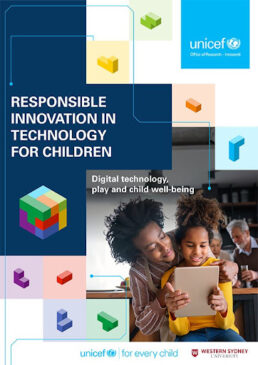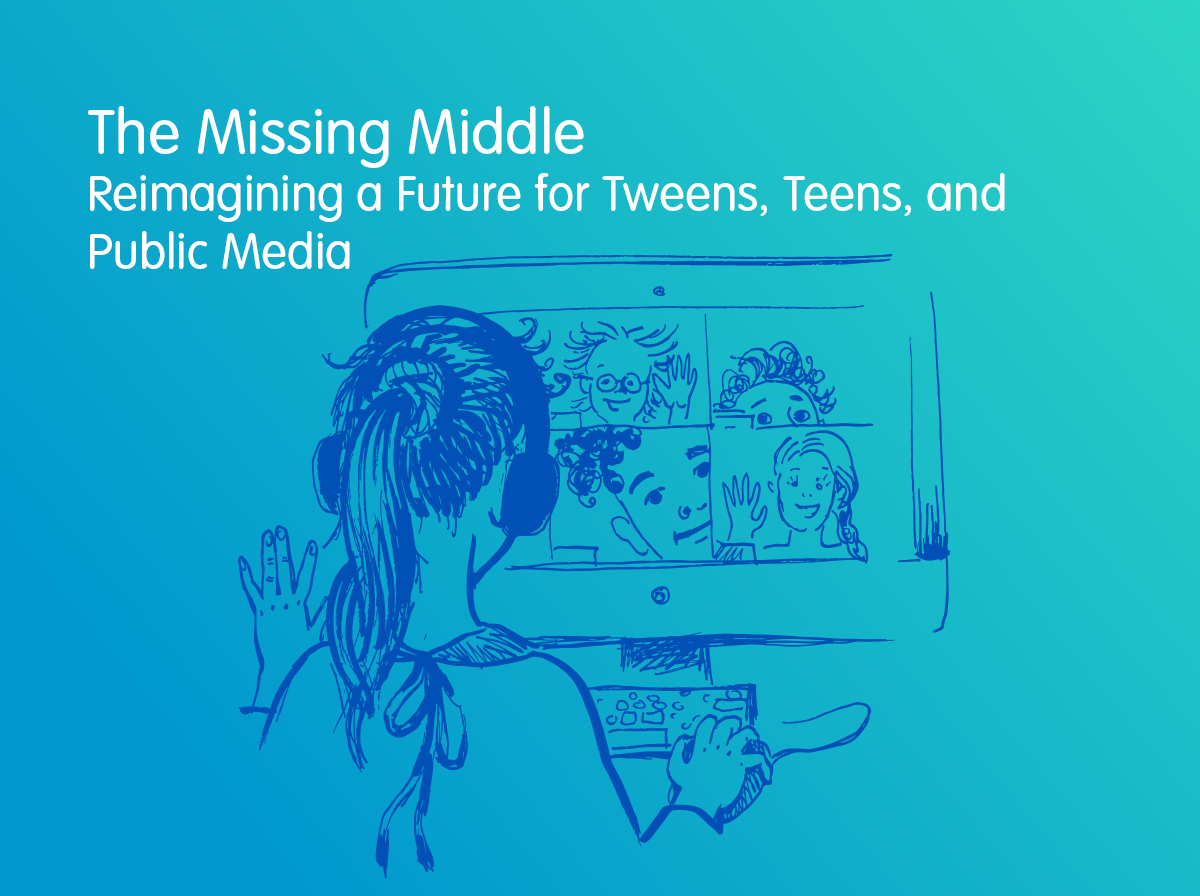At a time when young people’s mental health and well-being is of paramount importance, the LEGO Group and NYU are partnering with the Joan Ganz Cooney Center to investigate the relationship between parents, digital play, and children’s wellbeing. Parents, please share your thoughts about your kids and video games by visiting: bit.ly/gamesNYU and earn a chance to win a $100 gift card! For more information, check out the blog post below!

What do parents think about kids and video games? The question has been asked many times before by the Joan Ganz Cooney Center and other colleagues, so why bring it up now? For years, New York University’s CREATE Lab and CUNY Graduate Center’s CHILD Lab have worked together to study how children learn from digital technologies, especially video games. Our research has found that playful learning can make an impact beyond traditional subjects like math and reading, whether it’s through designing video games to train self-regulation skills, or investigating the power of video games to help Syrian refugee children recover from trauma. These findings, along with an impressive body of research in the field of family learning and children’s media, offer many more possibilities to be discovered, but also highlight great need.
We’re living in a time in which young people’s mental health and well-being is of paramount importance. At the same time, play, one of the most important parts of childhood and a vital part of children’s growth and development, is being brought to the forefront of conversations in learning. But what about Digital Play?

Led by the LEGO Group and UNICEF, collaborators from around the world are working on the Responsible Innovation in Technology for Children Project (RITEC) to examine the complex intersection of digital technology, play, and children’s well-being. Within our research group at the CREATE Lab and CHILD Lab, our work on this project focuses on digital play with video games, design, and child well-being. We’re looking for insights by working closely with children playing mobile video games and talking to parents of children ages 8-17 in a new survey and upcoming parent focus groups in 2023.
Why parents? When parents get involved in play, the benefits to children increase. A perfect example of this is a preschooler watching Sesame Street with a parent. Studies of joint media engagement, in which families learn through co-viewing and experiencing digital media together, have a rich history at Sesame Workshop across a variety of media platforms, often with an emphasis on younger age groups. But what happens once kids get older, begin to learn different things from media, and can control their own experiences? As children grow up, parenting styles and motivations change.

Just last year, Common Sense Media found that 59% of American children between the ages of 8-18 years old reported playing games every day, with daily averages of about 2.5 hours among 8-12 year-olds and 3 hours among 13-18 year olds. But as our colleagues at the Cooney Center have found, this “Missing Middle” age group of children in middle childhood into their teen years is often overlooked in media research. There is still a lot to be learned about how to create thoughtful media design for kids in this age range, which happens to coincide with the time that many children get their own devices and begin to gain independence from their parents. And there is so much more to understand about how kids and parents play video games, and how gaming fits into family life and belief systems, particularly as time goes on.
Studies of family life in the digital age reveal amazing diversity in attitudes, beliefs, and parenting practices with technology to ensure children’s well-being, and warrant further study. We are currently in a moment of the gamer parent generation, where the first generation of people who grew up with digital games or as gamers themselves are now parents, often ready to play alongside their older children. In 2019, the Entertainment Software Association (ESA) found that as many as 57% of gamer parents play at least once a week with their kids. While today’s parents may have the potential, motivation, and ability to engage with their children by playing digital games more than ever before, they are also navigating new challenges of finding balance and healthy relationships with technology not seen in previous generations. Particularly during the height of the pandemic, families found their media habits changing, sometimes with unexpected benefits to mental health like those who began playing games like Animal Crossing together, while others undoubtedly felt concerned over increased time spent on technology.
Digital games provide opportunities for reaching kids where they want to be, while also giving parents a chance to connect with them through a positive, shared experience. We’re interested in learning about parent attitudes towards games and gaming together. Please help contribute to this work by completing our survey, and sharing it widely with your networks (it is available in English, Spanish and Chinese) so that we can hear from parents with a wide range of experiences to share: https://bit.ly/gamesNYU

